Tarun Sharma and Yutika Vora. "Rise in Sea Levels: Fate of Small and Mid-sized Coastal Cities". Nagrika. Accessed January 12, 2025. https://www.nagrika.org/... (Contributed by Gregory Autin).
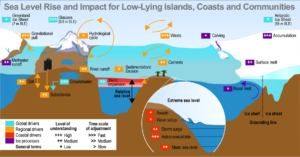 Climate change is accelerating the sea level rise in India and globally. In December 2023, sea level was 104 mm above 1993’s measure, which reveals the unprecedented rate at which the sea level is currently rising. This is the result of a two-fold effect, attributed to both the thermal expansion of seawater and melting of ice sheets and glaciers. Sea level rise poses significant threats like erosion, flooding, and groundwater contamination in coastal cities worldwide, along with the loss of vegetation and aquatic life. In recent decades, the latter has become a more dominant contributor. Collecting and maintaining sea level rise data is a complex process compared to monitoring air quality and temperature data, for which continuous observational data from several decades is required.
Climate change is accelerating the sea level rise in India and globally. In December 2023, sea level was 104 mm above 1993’s measure, which reveals the unprecedented rate at which the sea level is currently rising. This is the result of a two-fold effect, attributed to both the thermal expansion of seawater and melting of ice sheets and glaciers. Sea level rise poses significant threats like erosion, flooding, and groundwater contamination in coastal cities worldwide, along with the loss of vegetation and aquatic life. In recent decades, the latter has become a more dominant contributor. Collecting and maintaining sea level rise data is a complex process compared to monitoring air quality and temperature data, for which continuous observational data from several decades is required.
Posted on 12/01/25
Recent Abstracts
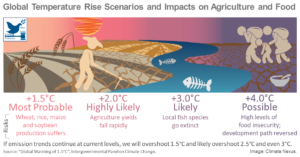
Access to Justice: Remedies – Article 9.4 of the Aarhus Convention and the Requirement for Adequate and Effective Remedies, Including Injunctive Relief
To hinder environmental damage and obtain a protective order or injunction in most civil law systems, danger in delay must be asserted for the enforceability of proceedings. To initiate legal proceedings, a 𝘱𝘳𝘪𝘮𝘢 𝘧𝘢𝘤𝘪𝘦 case must exist, requiring the claimant to present evidence and show the likelihood of success on the ...
Posted on 31/07/23
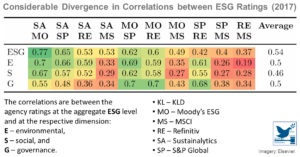
Aggregate Confusion: The Divergence of ESG Ratings
The divergence of ESG ratings creates uncertainty and represents a challenge for decision-makers, including investment managers and regulators. This ESG rating divergence makes it difficult to evaluate the ESG performance of companies, funds, and portfolios, which is their primary purpose. It also decreases companies’ ...
Posted on 25/07/23

Mars, Stephen Hawking and the Selfish Gene: Why Humans Are Programmed to Self-Destruct Wherever We Go
Speaking for humanity, Bezos claims that we don’t want to live in a “retrograde world” where we’d have to freeze population growth. Elon Musk says colonization on other planets is a necessity to ensure that the human race survives. Richard Branson is again exploiting astronomical business opportunities with commercia ...
Posted on 20/07/23
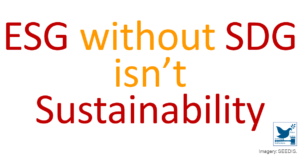
Why ESG is Failing Sustainable Development
Financial markets are the principal means for financing socioeconomic activity and achieving the Sustainable Development Goals (SDGs). Governments and financial market regulators define the parameters and incentives within which market participants make investment and financing decisions and operate, while the provide ...
Posted on 16/07/23
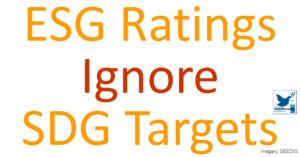
Sustainable Fitch: Climate Scenario Limitations Are Surfacing as Usage Rises
Climate scenario analysis is a key tool for evaluating complex physical and transition risks of companies and communities. This raises questions about the credibility of transition plans and long-term risk management processes that do not apply the scenarios. Limited standardization and transparency make it difficult ...
Posted on 02/07/23
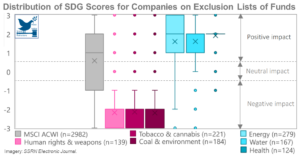
ESG to SDG: Do Sustainable Investing Ratings Align with the Sustainability Preferences of Investors, Regulators, and Scientists?
While ESG and SDG are complementary, they cannot be used interchangeably to identify the sustainability of companies and their contribution to social development and the planet. Where sustainable investors aim to invest in companies that contribute to sustainable development, there is disagreement on how best to measu ...
Posted on 27/06/23
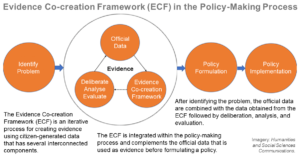
Translating Citizen-Generated Air Quality Data into Evidence for Shaping Policy
The practice of participatory sensing for environment monitoring has rapidly evolved over the years. There has been a steady growth of citizen-based environmental monitoring projects that aim to build partnerships, knowledge-sharing platforms, awareness, and ultimately environmental resilience. Citizen science has resh ...
Posted on 04/06/23
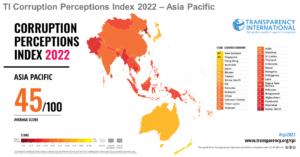
Assessing ‘Good Governance’ and Corruption in New Zealand: ‘Scientific’ Measurement, Political Discourse, and Historical Narrative
New Zealand is ranked highly on the Worldwide Governance Indicators (WGI), which assess performance on six dimensions of governance: voice and accountability, political stability and absence of violence, government effectiveness, regulatory quality, rule of law, and control of corruption. Moreover, New Zealand has long ...
Posted on 02/04/23
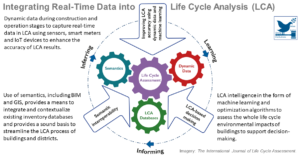
The Application of Life Cycle Assessment in Buildings: Challenges, and Directions for Future Research
New generation life cycle assessment (LCA) methods and tools can positively influence the environmental impact of the built environment and help mitigate the effects of climate change. They continuously learn from real-time data while allowing for effective operation and management strategies of buildings and district ...
Posted on 28/10/22
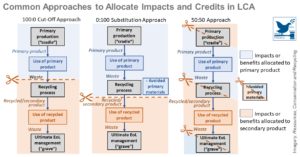
Towards Sustainable Development through the Circular Economy—A Review and Critical Assessment on Current Circularity Metrics
The circular economy (CE) is an optimal pathway to sustainable development and companies, governments and academics have formulated various proposals to measure circularity. Ideally, circularity metrics indicate how well circularity is applied to the whole life cycle of products and services in terms of society, the e ...
Posted on 24/10/22
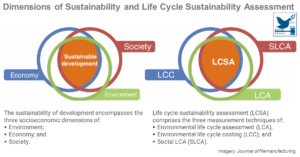
What are the challenges in assessing circular economy for the built environment? A literature review on integrating LCA, LCC and S-LCA in life cycle sustainability assessment, LCSA
For circular economy (CE) to succeed, focus must be given to the service life phase and the reuse/recycle phase of building projects. This involves more stakeholders both in the early decision-making phases of projects as well as in the design phase and impacts the project value chain. Life cycle sustainability asses ...
Posted on 19/10/22
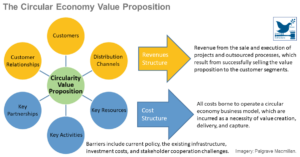
Delivering the Circular Economy: A Toolkit for Policymakers
The circular economy offers business leaders and government a clear opportunity for long-term growth that is less dependent on cheap materials and energy and can restore and regenerate natural capital. This report provides an actionable toolkit for policymakers for embarking on a circular economy transformation that d ...
Posted on 14/10/22
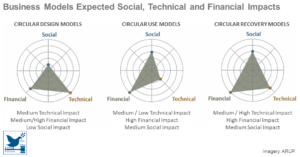
Circular Business Models for the Built Environment
Circular business models (CBMs) create additional value by taking a systemic view across the whole life cycle of assets, using new technologies, and applying advanced design approaches. This added value demonstrates the feasibility of the business case for adopting CBMs, the social, economic and environmental benefits ...
Posted on 12/10/22
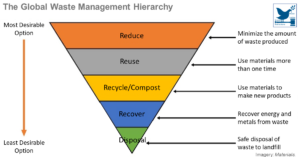
Categorisation System for the Circular Economy
The lack of a commonly accepted and sufficiently inclusive definition and circularity measurement methodology hampers the transition to a more circular economy in numerous ways. To counter this, this circular economy categorization system was proposed comprising 14 circular categories organized in four high-level grou ...
Posted on 10/10/22
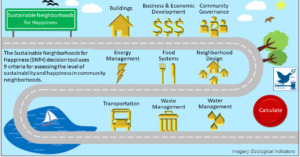
Stakeholder Collaboration in Sustainable Neighborhood Projects—A Review and Research Agenda
Stakeholder collaboration in neighborhood projects facilitates networking and knowledge transfer. Construction companies participate in the task definition, research institutions contribute to feasibility testing, civil society organizations (CSOs) reinforce environmental approaches, and international partners increas ...
Posted on 05/10/22

